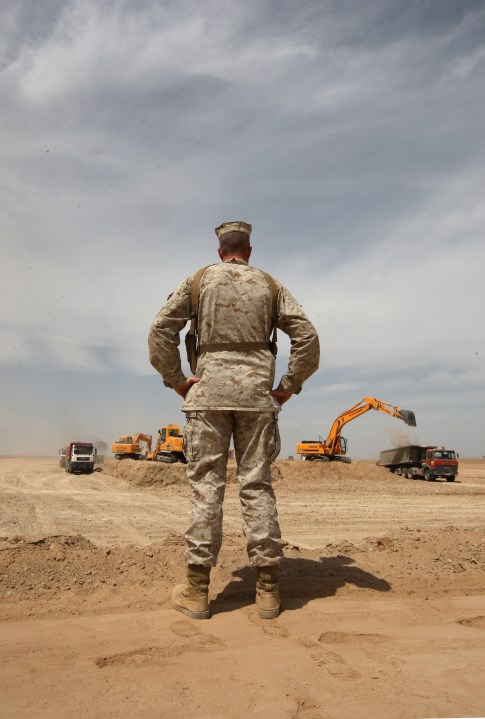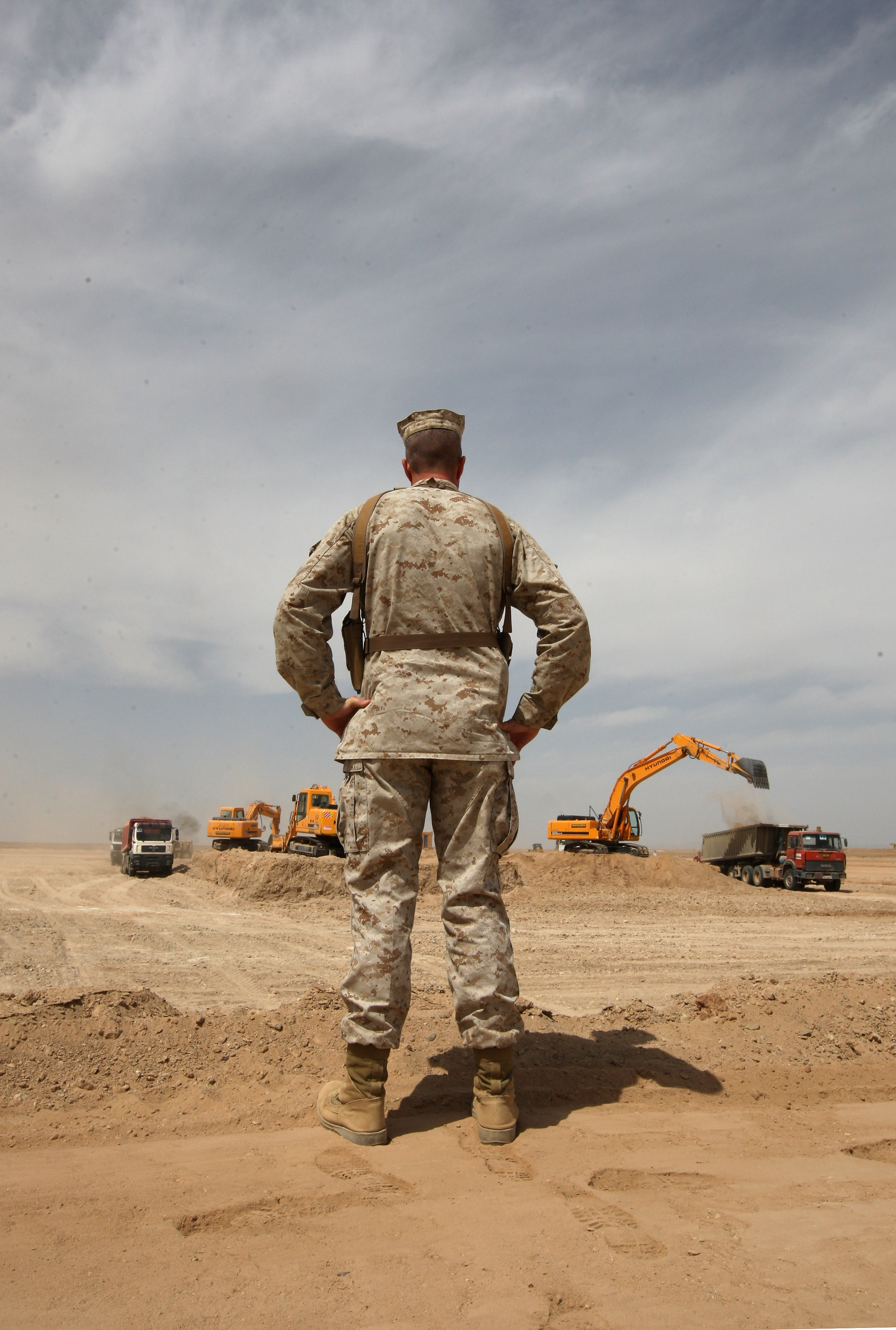 I am now leaving Afghanistan, heading towards the glitzy skyline of Dubai where many Afghan warlords have built holiday homes alongside their narcotecture in Kabul. I finished my trip with a visit to Afghan Defence Minister Wardak and US General Richard P. Formica, who heads something called CSTC-A, the US operation charged with building the Afghan security forces. (I visited President Karzai’s spokesman too, his cousin as well as his de facto campaign manager, but I’ll spare you the spin he served up).
I am now leaving Afghanistan, heading towards the glitzy skyline of Dubai where many Afghan warlords have built holiday homes alongside their narcotecture in Kabul. I finished my trip with a visit to Afghan Defence Minister Wardak and US General Richard P. Formica, who heads something called CSTC-A, the US operation charged with building the Afghan security forces. (I visited President Karzai’s spokesman too, his cousin as well as his de facto campaign manager, but I’ll spare you the spin he served up).
I asked Wardak, who used to be a Mujahedeen and worked with Jalaluddin Haqqani, one of the most ferocious insurgent commanders today, how the conflict would end. He believes the Afghan army needs to increase dramatically and was very upset President Obama was not more drastic in his speech. But he also made clear that success would come from bringing insurgents over to the government’s side. This would have to be done in a way that could integrate them into society and even the army – something Wardak said he could not yet guarantee.
“So which way is the arrow pointing?”, a Danish colonel asked me before I headed to the airport. It is hard to tell. There has been real progress since 2001. Compared to when I lived in Kabul in 2005, there has also been a palpable conceptual convergence between allies on what needs to happen. There are now only a few disputes about how to fix the police. Everyone agrees that civilian and military policies need to joined-up. General Mckiernan is an impressive and thoughtful commander.
But implementing the new strategies is proving harder, with many allies letting national fixations hamper the effectiveness of their forces. And though everyone talks about Pakistan — and the need for “regional solutions” — nobody seems to believe that the US will really push to cut Pakistan’s intelligence services off at the knees, which will be necessary to contain the Taliban.
The Afghan War will end in a peculiarly Afghan way. It may not be to our liking. It may not lead to the establishment of a formal state-like structure such as good development practice demands. But it will work for Afghans, at least most of them. Our job is therefore to provide flexible support, troops and resources, all applied in a manner appropriate to the local challenge not doctrinal precepts.
If we do this, I still believe that the next generation of ordinary Afghans can be spared the misery that has befallen their parents and grandparents while fulfilling our No 1 security priority i.e. making our lives a lot safer. To succeed will not be easy. But giving up would be a lot harder than continuing to fight on.







Comments